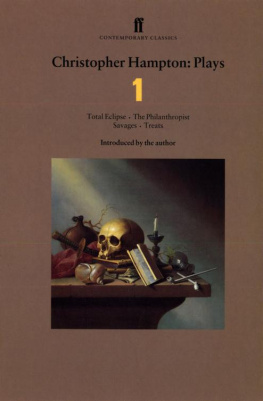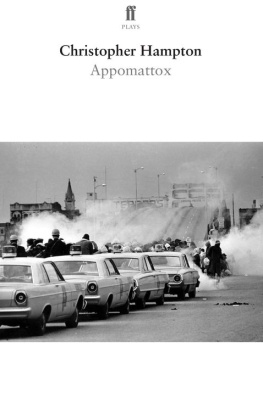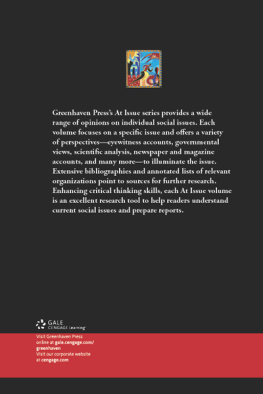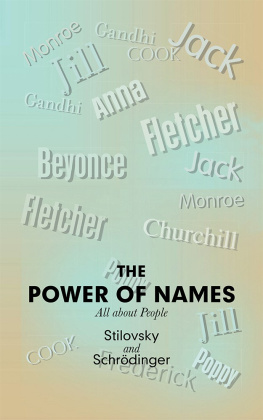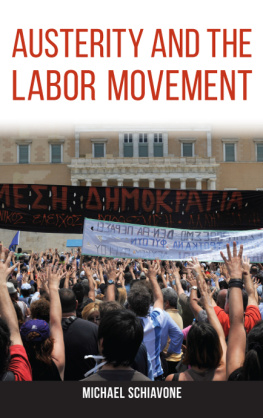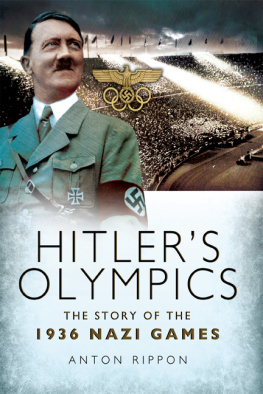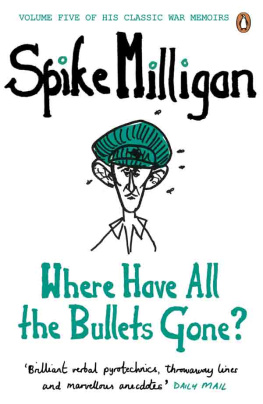Hampton - Austerity Olympics
Here you can read online Hampton - Austerity Olympics full text of the book (entire story) in english for free. Download pdf and epub, get meaning, cover and reviews about this ebook. year: 2009, publisher: Aurum Press, genre: Art. Description of the work, (preface) as well as reviews are available. Best literature library LitArk.com created for fans of good reading and offers a wide selection of genres:
Romance novel
Science fiction
Adventure
Detective
Science
History
Home and family
Prose
Art
Politics
Computer
Non-fiction
Religion
Business
Children
Humor
Choose a favorite category and find really read worthwhile books. Enjoy immersion in the world of imagination, feel the emotions of the characters or learn something new for yourself, make an fascinating discovery.
Austerity Olympics: summary, description and annotation
We offer to read an annotation, description, summary or preface (depends on what the author of the book "Austerity Olympics" wrote himself). If you haven't found the necessary information about the book — write in the comments, we will try to find it.
Austerity Olympics — read online for free the complete book (whole text) full work
Below is the text of the book, divided by pages. System saving the place of the last page read, allows you to conveniently read the book "Austerity Olympics" online for free, without having to search again every time where you left off. Put a bookmark, and you can go to the page where you finished reading at any time.
Font size:
Interval:
Bookmark:
THE AUSTERITY OLYMPICS
Janie Hampton has written more than 15 books, from biography to fiction. She is the author of the critically acclaimed biography of Joyce Grenfell. She lives in Oxford.
SHORTLISTED FOR THE WILLIAM HILL SPORTS BOOK OF THE YEAR AWARD 2008 AND THE BRITISH SPORTS BOOK AWARDS BEST BIOGRAPHY 2009.
An exemplary piece of historical research on the London Olympics of 1948
Observer
Sports capacity to bring ordinary men and women together shines through, along with a ringing endorsement of the Olympian ideal that its the taking part that counts
Metro
Only the most naive believe that events such as the Olympics can live up to high-minded ideals. Yet the Austerity Olympics, as described in this fascinating book, seem to have done exactly that
Daily Telegraph

First published in 2008
by Aurum Press Ltd, 7 Greenland Street, London NW1 0ND
This e-book edition first published in 2012
All rights reserved
Janie Hampton, 2008
The right of Janie Hampton to be identified as author of this work has been asserted in accordance with Section 77 of the Copyright, Designs and Patents Act 1988
This e-book is copyright material and must not be copied, reproduced, transferred, distributed, leased, licensed or publicly performed or used in any way except as specifically permitted in writing by the publishers, as allowed under the terms and conditions under which it was purchased or as strictly permitted by applicable copyright law. Any unauthorised distribution or use of this text may be a direct infringement of the authors and publishers rights, and those responsible may be liable in law accordingly
E-book conversion by CPI Group
ISBN 978-1-78131-001-4
FOREWORD
by Sebastian Coe
T hat London managed to stage the 1948 Olympic Games so soon after the Second World War is remarkable enough. The fact that the London Games ran like clockwork and produced important legacies for world sport, the international community and the Olympic Movement is another story, a story that has remained largely untold until now.
Janie Hamptons The Austerity Olympics details the unprecedented challenges and risks involved in staging the Games in the aftermath of the world war. It tells the story of the administrators and athletes who beat the odds to organise and perform at the biggest sporting event ever staged. The Games involved over 4,000 men and women from 59 countries, many competing for the first time, across 136 events.
By tracking down many of the survivors at the heart of Games planning, services, and competition, by speaking with spectators and international visitors, and by combing through libraries and archives around the world, Hampton vividly brings alive the cast of characters and circumstances that shaped the 1948 Games.
In a bomb-shattered landscape still with rationing of food, clothing and petrol, Londons challenge was unlike that of any other Olympic host city. But austerity did not mean misery or unhappiness it meant Make Do and ingenuity as well. It is now clear that much was riding on the success of the London Games which represented a new start for both Britain and the Olympic Movement. The Games had not been held since Hitlers controversial Berlin Olympics twelve years earlier, and it was vital that they reflected the Olympic ideals of equality and fair play, and were staged without political or racial propaganda.
We want to see the best men win, no matter where they come from or who they represent, said Sir Arthur J. Elvin, Chairman of the old Wembley Stadium, which served as the Olympic stadium centrepiece. Off the field, the race against time to prepare for the Games was as compelling as the competition on the track. Work to upgrade the greyhound track to an international sports stadium was completed in under two months.
Hamptons book conveys the unique power of the Olympic Games to change lives and bring people and countries closer on and off the sporting field. Most of the US team, for example, travelled together by ship to London, enabling black and white Americans, racially segregated at home, to mix for the first time. I shook hands with my first black American on board ship, remembered rifle shooter Arthur Jackson. It was part of the process of eliminating segregation. We were eating and socialising on a white ship.
*
The Austerity Olympics also points to several far-reaching social, sporting and commercial legacies that have helped to shape the foundations of modern sport. These include the roles of sponsor companies, volunteers and television coverage, which all featured in 1948 and are now essential for the success of major sporting events.
The 1948 Olympic Games also helped to increase sporting opportunities for women and change attitudes toward disability and sport. The first organised sporting competition involving war-injured patients was held in the grounds of Stoke Mandeville hospital in 1948 to coincide with the London Olympic Games opening ceremony. This provided the inspiration for the Paralympic Games, which has since developed into the worlds foremost competition and celebration for elite athletes with disabilities.
Following in the footsteps of the 1948 Games organisers takes on new significance for me and the team at London 2012. The venues, projects and programmes planned for the London 2012 Games include the creation of one of Europes biggest new sports and community parks, along with thousands of new jobs, homes, skills training and opportunities and other social, economic and environmental benefits.
Appropriately, the new Olympic Park project will regenerate some of the capitals most disadvantaged communities, located in east London, which suffered devastating bomb damage during the Second World War.
While the story of the 1948 Games may have taken many years to reveal itself, the arrival of Hamptons new book is perfectly timed to help celebrate the 60th anniversary of these historically important but under-recognised Games.
I am confident this book will motivate us further in our efforts at London 2012 to maximise the power of the Olympic and Paralympic Games to inspire change and reconnect young people with the inspirational power of sport, so vividly captured in the following pages of this book.

SEBASTIAN COE
Chairman, London Organising Committee for
the 2012 Olympic Games and Paralympic Games

INTRODUCTION
A long with thousands of others I stood expectantly in Trafalgar Square on 6 July 2005. We were there to watch the announcement, by live link from Singapore, about the 2012 Olympics. When it came, the euphoria was instant. The Games would be... in... London. Everyone threw up their arms and shouted with joy. Standing next to me was an old lady, quite still. She turned and said, Isnt it wonderful news? I went to watch the Olympics in 1948. I saw the swimming at the Empire Pool. I just had to be here today. But itll be very different from the last time.
Will it? How? I asked.
Oh, it was our first celebration after the war, and we were still on rations. We all pulled together. We knew how to make a silk purse out of a sows ear in those days. I wanted to know more, but she was gone, leaving me intrigued.
A few days later I phoned a friend. Ive been reading The Times and the Illustrated London News
Next pageFont size:
Interval:
Bookmark:
Similar books «Austerity Olympics»
Look at similar books to Austerity Olympics. We have selected literature similar in name and meaning in the hope of providing readers with more options to find new, interesting, not yet read works.
Discussion, reviews of the book Austerity Olympics and just readers' own opinions. Leave your comments, write what you think about the work, its meaning or the main characters. Specify what exactly you liked and what you didn't like, and why you think so.




